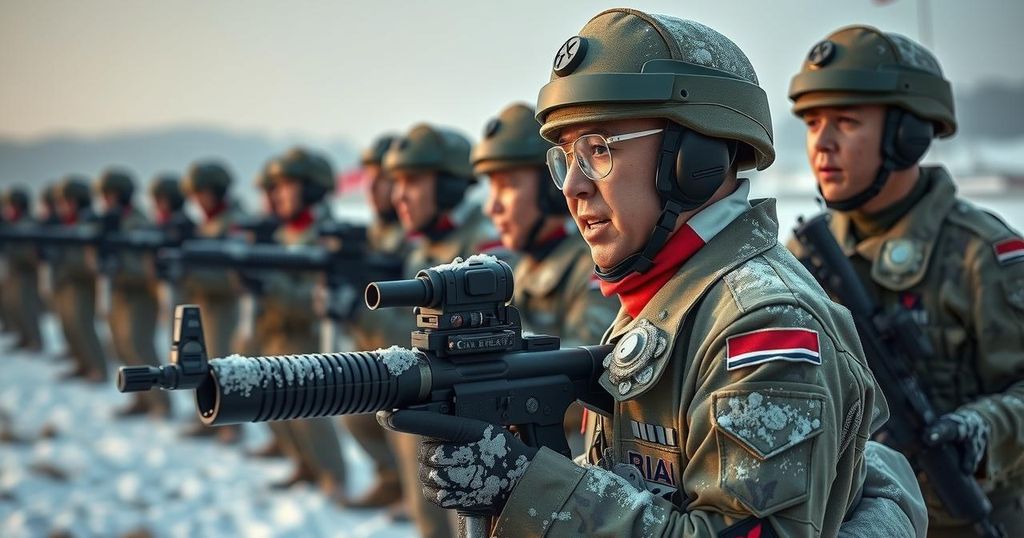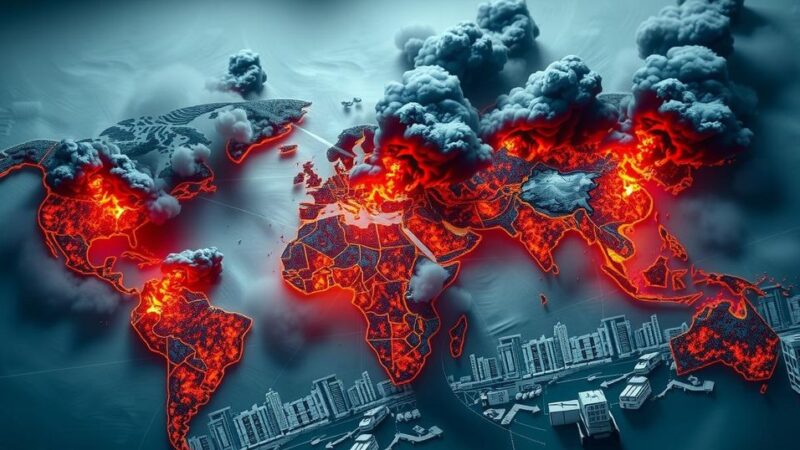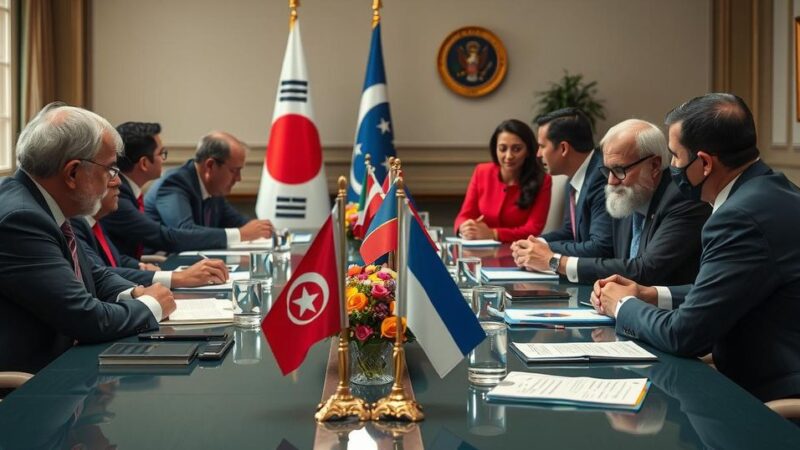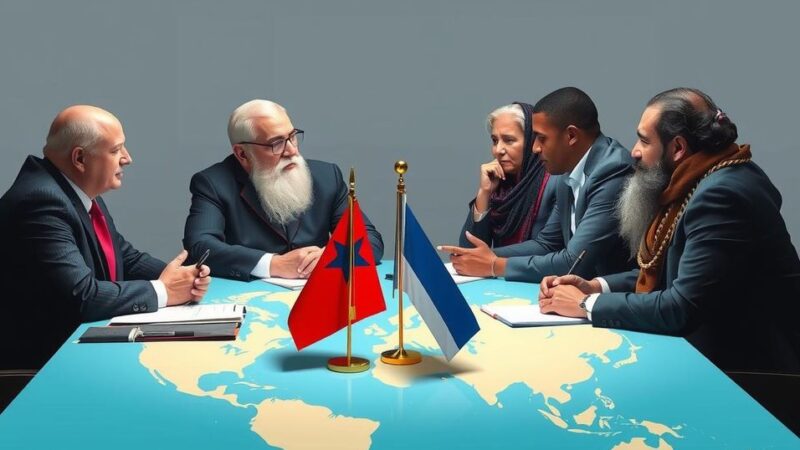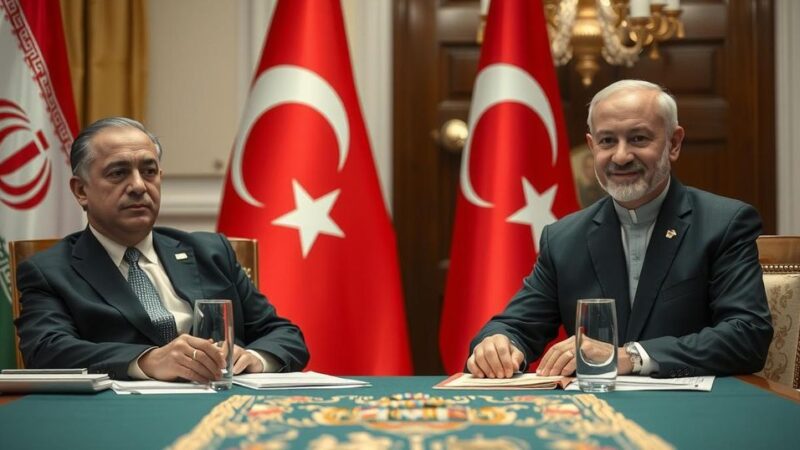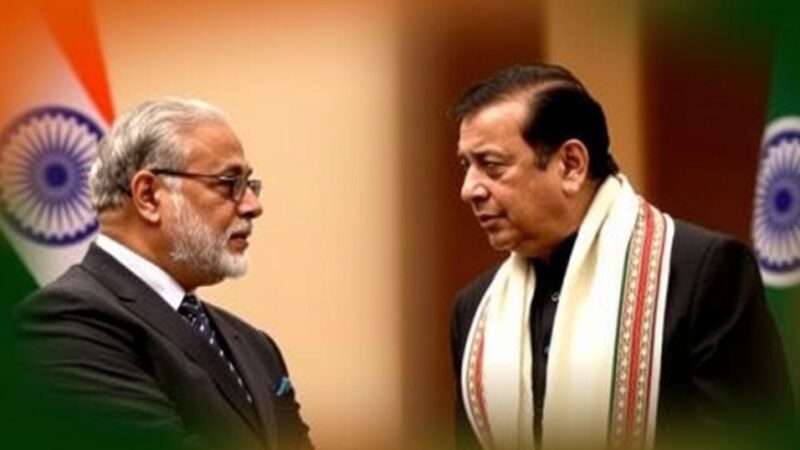Former North Korean soldiers describe the dire conditions faced by troops aiding Russia in Ukraine. Despite reports of high morale among the Storm Corps, many remain undernourished and ill-equipped for modern combat. Experts caution against underestimating their fighting spirit, rooted in ideological conditioning and loyalty to the regime, even as communication challenges hinder operational coordination. This situation beckons a deeper examination of the effectiveness and adaptability of these forces in the ongoing conflict.
Haneul, a former North Korean soldier, recalls his harrowing military experience marked by chronic hunger and inadequate nutrition, which saw him lose significant weight during training. When deployed as border guards, his battalion received limited rations often cut with sand, highlighting the severe living conditions of troops. Despite Pyongyang’s claims of elite forces, many of the soldiers currently dispatched to assist Russia in the Ukraine conflict remain malnourished and ill-prepared for modern warfare. Reports indicate that around 11,000 North Korean troops have been sent to the Kursk region, raising concerns about their effectiveness and survivability in this unfamiliar combat zone.
Defectors have provided insight into the troops’ morale, suggesting they are largely loyal to the regime, come from working-class backgrounds, and have been conditioned through intense ideological training. Military experts emphasize that the selected Storm Corps might demonstrate surprising determination despite their lack of comprehensive training. Communication barriers add further challenges; recent incidents of friendly fire underline the potential for operational blunders among North Korean forces.
Although their deployment does not guarantee success for Russia in the Ukraine war, the potential for larger numbers to join the conflict means the situation warrants careful monitoring. North Korean soldiers, perceived as expendable by their regime, are seen as unlikely to defect due to the severe stigma attached to surrender in their homeland. Pyongyang’s ability to replace substantial troop losses lends a frightening sustainability to this military strategy. The effectiveness and resilience of these soldiers should not be underestimated, with experts cautioning against viewing them solely as cannon fodder.
The deployment of North Korean troops to support Russian forces in the Ukraine conflict raises critical questions about their readiness and adaptability. Historically underfed and poorly trained, North Korean soldiers have faced severe conditions during their service. Reports of the regime prioritizing missile and nuclear programs over adequate military training translate into concerns over the efficacy of troops sent into battle. This situation is complicated by the soldiers’ ideological conditioning and loyalty to the Kim regime, shaping both their willingness to fight and their prospects for survival against enemy forces. Defectors highlight the limitations faced by these soldiers, contrasting their current state with the propaganda images broadcast by the North Korean government, which depict robust and capable troops. The challenges posed by unfamiliar combat environments and communication issues further complicate their operational effectiveness in Ukraine, stressing the importance of examining their capabilities realistically rather than as uniformly inferior combatants.
In conclusion, the North Korean troops currently aiding Russia in the Ukraine war embody a complex mix of resilience and vulnerability. While their loyalty and ideological conditioning suggest a commitment to their cause, their severe malnourishment and inadequate training raise significant concerns about their effectiveness on the battlefield. The unique dynamics of their deployment—along with the possibility of significant reinforcement from North Korea—indicate that these soldiers are more than mere cannon fodder, warranting careful observation as the conflict progresses. Ultimately, the situation presents a challenging narrative of how ideology, loyalty, and harsh realities intersect in modern warfare.
Original Source: www.bbc.com

